This Memorial Day, four Minneapolis police officers fatally injured George Floyd, a Black man, while under their custody. Within hours of the incident, a video surfaced of one officer pressing his knee into the back of Floyd’s neck. Floyd can be heard wheezing out, “I can’t breathe.” A still image from the video of that brutal act has come to symbolize the repression, control, and disregard of Black people and our communities.
Floyd joins an ever-growing list of Black names who died unnecessarily while police performed their ostensible mission of protecting and serving. The racial attitudes that lead police to choke Black people (as the country previously witnessed with the 2014 death of Eric Garner in New York, which was also caught on video) are the same that exclude Black people from employment and investment opportunities. Those attitudes surface in research showing the disproportionate number of stops, arrests, and convictions that Black Americans undergo, as well as every extrajudicial killing such as Floyd’s. Few things signal that Black people aren’t wanted in a local economy like police officers killing them.

Recent Brookings analyses can illuminate the interconnectedness between the value that police place on Black lives and the value those lives have in the economy. The approximately 315,000 Black residents of the Minneapolis/St. Paul (MSP) region make up 8.7% of its total population. (Nationwide, Black Americans account for 12.7% of the population.) The region has experienced economic growth in certain respects over recent years, but Black and brown residents have not been able to fully share in that prosperity.
According to the Brookings Metro Monitor, which reflects the most recent Census Bureau figures for 2018, the number of jobs in the MSP region has increased by 10% since the Great Recession, which is comparable to other large metro areas and the nation as a whole. However, the median income for Black households in MSP was $38,200, less than half that of white households ($85,400). This is a greater difference than the gap between the national medians for each group ($41,500 and $68,000, respectively).
The racial attitudes that lead police to choke Black people are the same that exclude Black people from employment and investment opportunities.
Compounding MSP’s challenges in forging an equitable economy is the fact that middle-class homeownership is not the ticket to wealth creation that is often imagined. The region’s Black-white homeownership gap of 46% to 79% is wider even than the national figures of 51% to 75%. This is the troubling result of a decades-long trend which saw Black homeownership across the country return to 1960s levels, before the Fair Housing Act outlawed housing discrimination in 1968. Furthermore, Black homeowners in MSP will not see the same returns on their investments, as homes in Black neighborhoods in the region are devalued by roughly 20%, or over $33,000 per home on average.
This makes it difficult to build wealth and improve outcomes, even as the regional economy grows. Nationwide, the net worth of Black Americans is staggeringly low compared to white Americans. The median wealth for a white family was $171,000 in 2016, according to the Federal Reserve’s most recent numbers. That number was $17,600 and $20,700 for Black and Latino or Hispanic families, respectively.
MSP mirrors this trend, and a 2014 analysis from Prosperity Now showed that 52% of the region’s Black households faced “asset poverty,” defined as households without enough net worth to subsist at a poverty level for three months without income. Forty-three percent of Latino or Hispanic households and 23% of Asian American households in the MSP region faced the same challenge, compared to 16% of white households. As America—and Black America in particular—faces the most acute economic crisis in generations due to the COVID-19 pandemic, the lack of an equitable economic reality is an abject policy failure.
MSP has made slight progress in closing gaps in employment, earnings, and the poverty rate between white residents and residents of color in recent years. But it still has some of the largest racial economic disparities in the nation, and the impending COVID-19 recession threatens to erase much of the (uneven) economic growth gained since the Great Recession.
In 2015, Minneapolis police killed another Black man, Jamar Clark, during a disputed interaction. Subsequently, regional CEOs formed the Itasca North Minneapolis Partnership, which endeavored “to develop and implement strategies to better leverage private-sector employment and economic development assets against the disparate and deepening racial and economic disparities experienced by African Americans in North Minneapolis.”
This mission highlights how social and economic outcomes are intertwined—for Black value to be realized in the economy, Black lives must matter everywhere.
But the region—and the nation as a whole—must go beyond boilerplate partnerships and initiatives. George Floyd’s death represents not just a failure of policing, but a failure of economic policy, a failure to close wealth and homeownership gaps, and a failure to value Black lives.
The poet Audre Lorde once said, “There is no thing as a single-issue struggle because we do not live single-issue lives.” The four officers who detained George Floyd until he choked to death have been fired, but our research shows there is policy violence that also needs to be checked. In order to protect and serve Black communities, we must dismantle the structural racism that is choking out people, economic growth, and democracy itself.
The Brookings Institution is committed to quality, independence, and impact.
We are supported by a diverse array of funders. In line with our values and policies, each Brookings publication represents the sole views of its author(s).
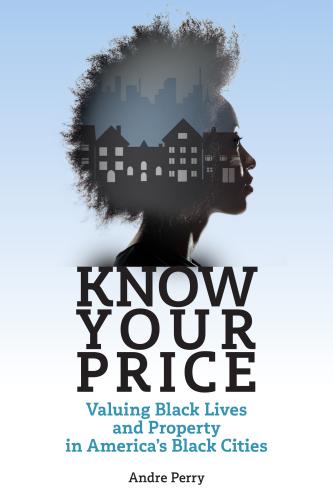

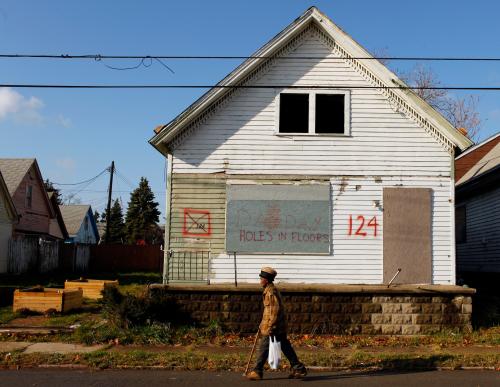
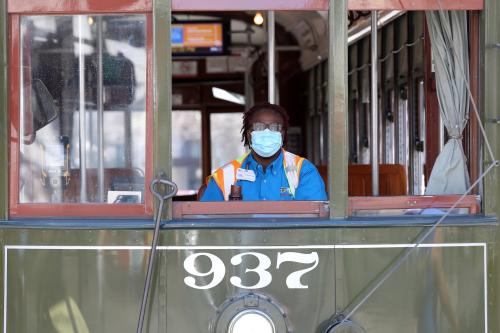
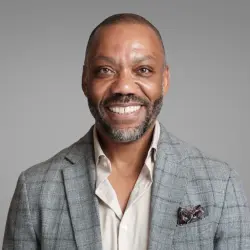
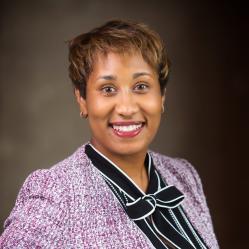

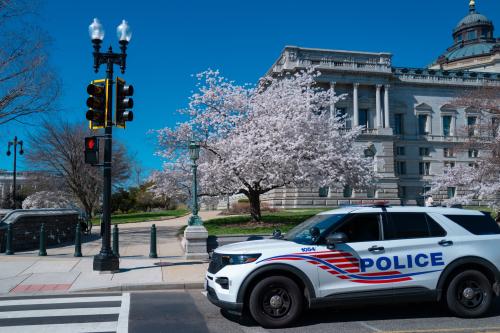
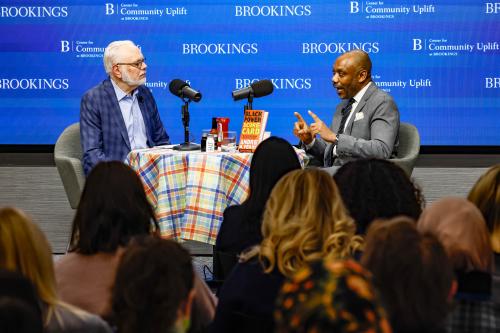
Commentary
George Floyd’s death demonstrates the policy violence that devalues Black lives
May 28, 2020